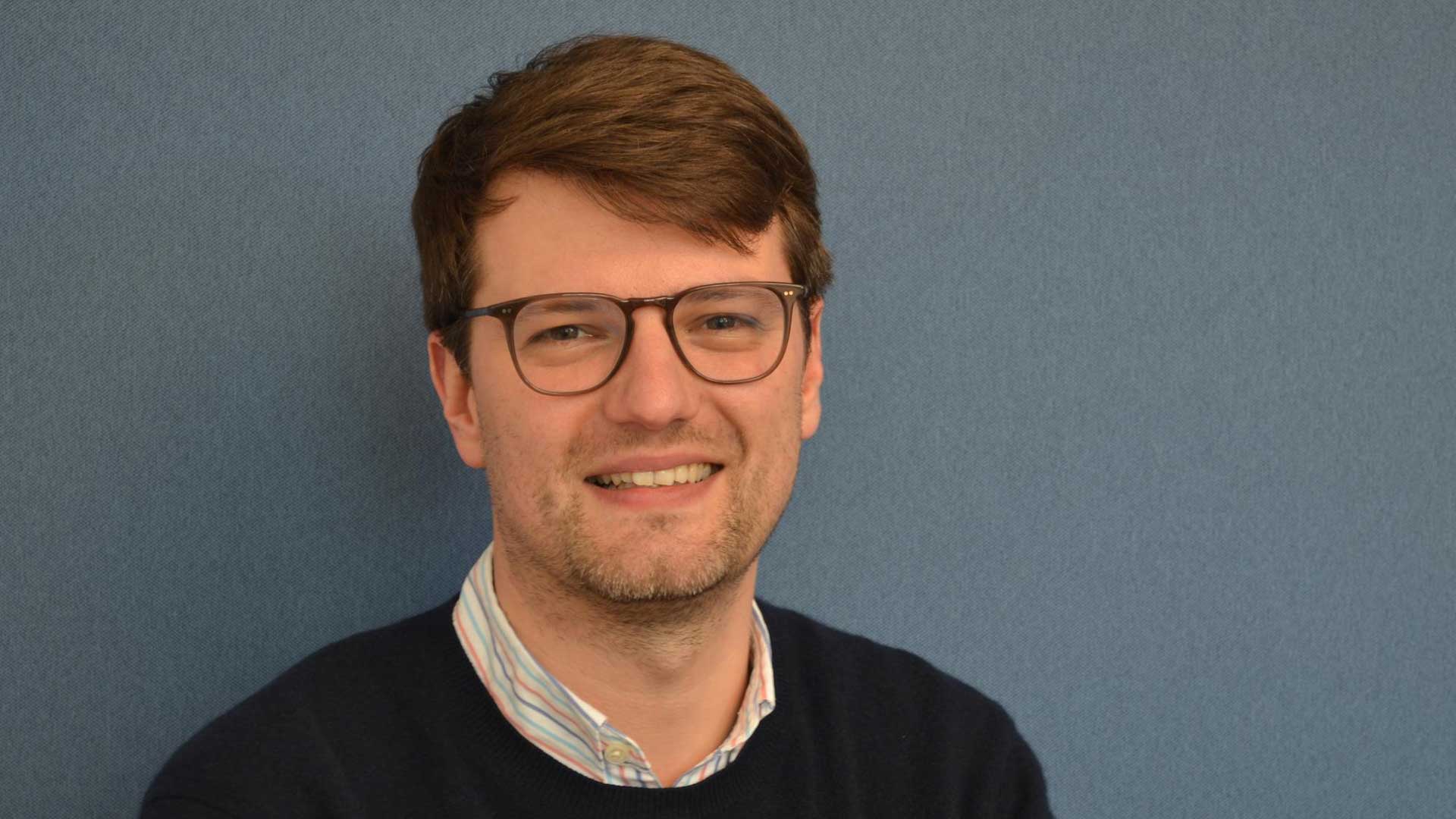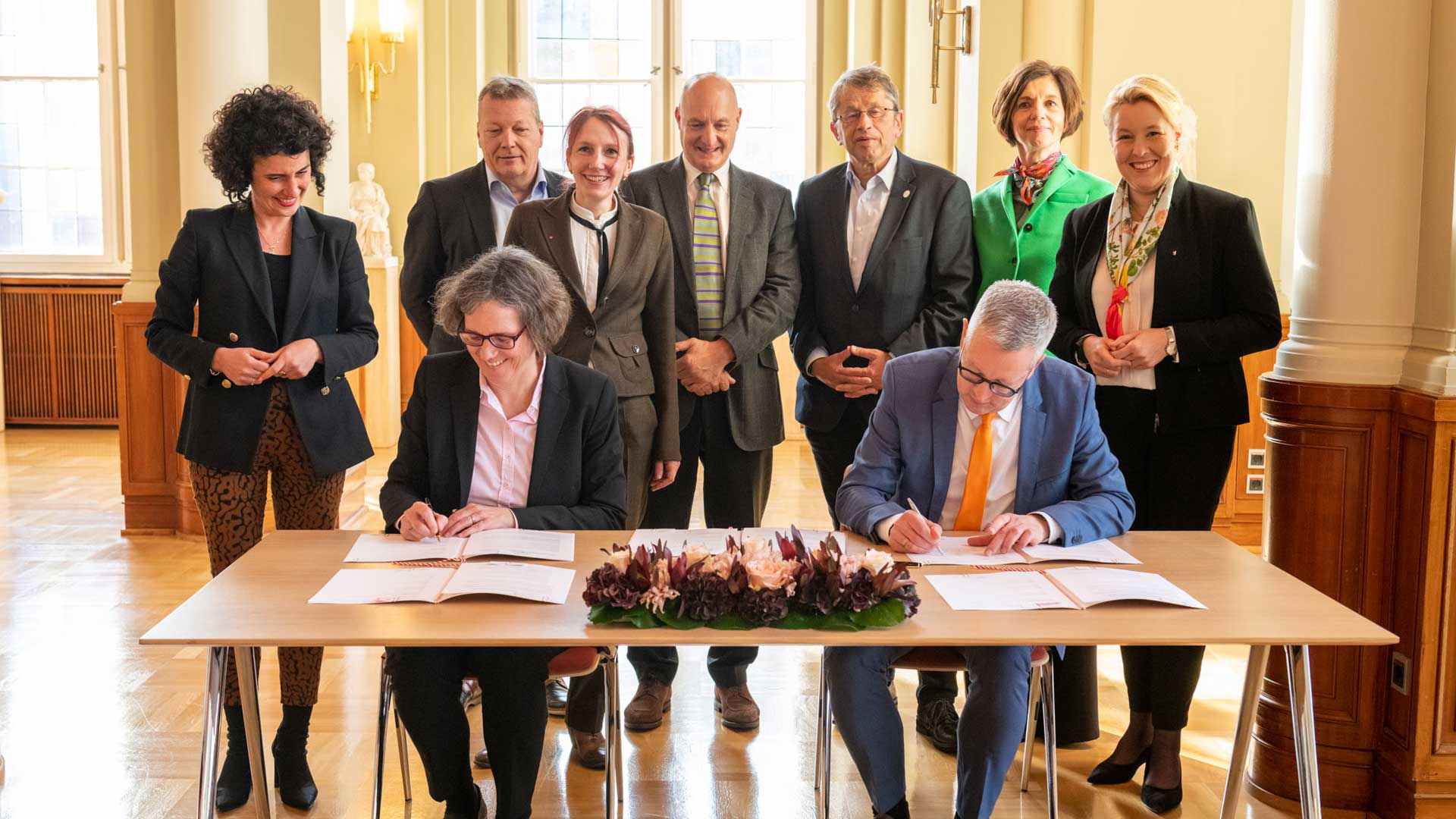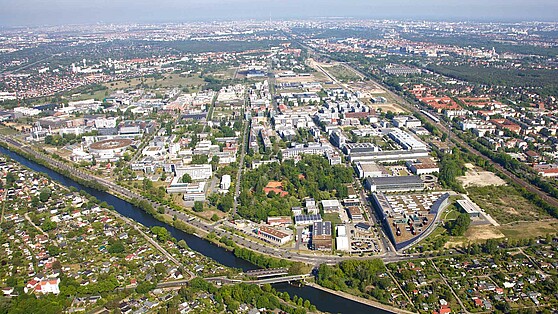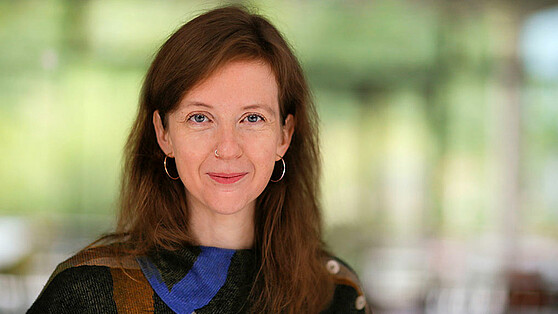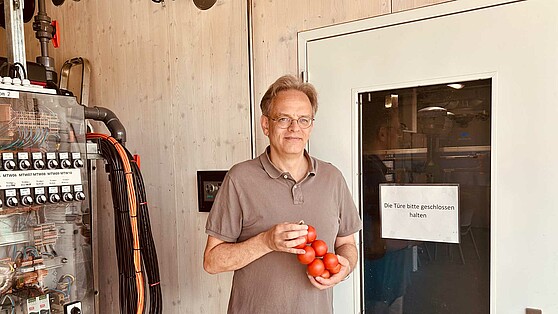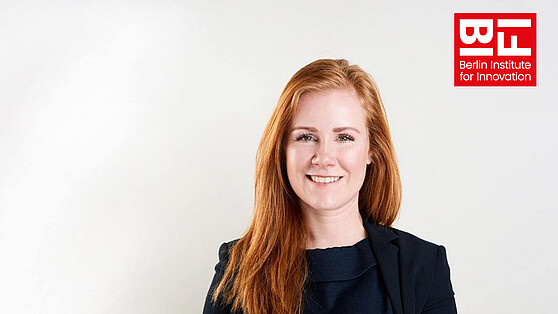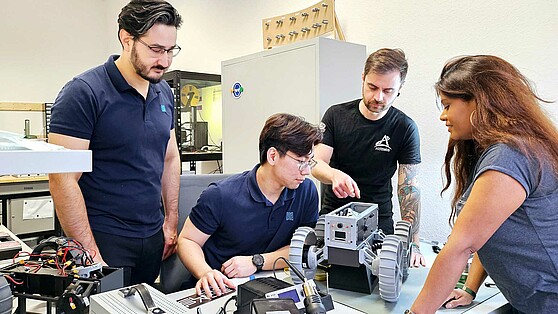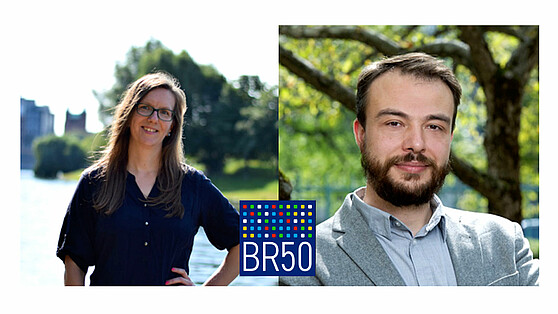-

© FlorianWehde / Unsplash; JohnCairns /Oxford-University
31.03.2025Building bridges between Oxford and Berlin
Research connects – across disciplines, through interdisciplinary collaboration, and above all, internationally. The Oxford Berlin Research Partnership brings together top researchers and provides targeted support for talented young scientists. Over the past eight years, around 1,300 researchers have been supported and networked at various levels as part of the partnership between the University of Oxford and the universities of the Berlin University Alliance.
“There have always been collaborations between the University of Oxford and institutes and faculties of Berlin universities, particularly in medicine. These connections were primarily bilateral between individual scientists,” says Martin Spiess. “We wanted to organise this collaboration more strategically. The aim was to bring together the entire scientific community in Berlin and Oxford. Both are also part of a very dense and dynamic local ecosystem.”
As project manager of the Berlin University Alliance (BUA), Martin Spiess is in charge of the Oxford Berlin Research Partnership. The transnational research cooperation was founded in 2017. Against the backdrop of Brexit, the alliance between the University of Oxford and the four BUA partners – Freie Universität Berlin, Technische Universität Berlin and Humboldt-Universität zu Berlin with Charité – Universitätsmedizin Berlin – sent a clear and important signal for scientific solidarity across national and economic borders. The goal of the university alliance: to promote jointly cutting-edge research with high social relevance and sustainable impact. Both locations are characterised by a high quality of research and a wide range of disciplines. In other words, there is a lot of potential that the co-operation is specifically exploiting: “We create structures for matching between researchers, offer seed funding opportunities through our programmes and later work with the scientists to determine how joint research projects can be transferred into larger applications,” says Spiess, explaining the partnership concept.
In these disruptive times, the shared mission and long-term commitment of our partnership represent an important pillar for the future of science policy at both locations. We strengthen each other in the contribution of our institutions to the shaping of the major transformations of our time. This is particularly evident in the joint focus on Democratic Resilience.
(Dr. Alexandra-Gwyn Paetz, Managing Director of the Berlin University Alliance)
The Oxford Berlin Research Partnership focuses particularly on supporting young researchers. The “Oxford Berlin Early Career Mobility Grants” for example, are aimed at researchers who are at the beginning of their careers. Postdocs and doctoral students are given the opportunity to deepen their research during a short stay in Berlin or Oxford. The “Flexible Funds” programme, on the other hand, primarily covers costs for travel, accommodation, the organisation of workshops or smaller services with smaller contributions. Both programmes are successful and always lead to surprising results. Martin Spiess cites an example: “A doctoral student from Berlin, to whom we provided travel funds via our Early Career Researcher Mobility Scheme, has unearthed quite a treasure in Oxford: Letters and documents of a now more or less forgotten writer from the time between the world wars. Nobody had ever looked at them before. For a literary scholar, this is of course a kind of goldmine.”
The flagship of the Oxford Berlin Research Partnership are the Einstein BUA/Oxford Visiting Fellowships. The cooperation between the Berlin University Alliance (BUA) and the Einstein Foundation Berlin (ESB) is clearly focussed on cutting-edge research. Funding is provided to established researchers, but also to excellent young scientists who are researching socially relevant topics. The funding also includes funds for postdoctoral or doctoral positions. “The Einstein Fellows work remotely or on-site in small research groups for three years. This naturally intensifies cooperation in our cutting-edge research fields,” says Spiess.
The Oxford Berlin Research Partnership is characterised in particular by the fact that it promotes joint research across thematic and disciplinary boundaries. It builds bridges between scientists and institutions in order to tackle global challenges jointly and generate knowledge that benefits society.
(Prof. Dr. Peter Neubauer, Vice Academic Director STEM (Science, Technology, Engineering and Mathematics), Oxford Berlin Research Partnership)
Around 1,300 scientists have been funded by the Oxford Berlin Research Partnership in the eight years to date – despite the pandemic-related restrictions in the meantime. In addition to funding from the BUA’s Excellence Fund, the research partnership has so far acquired around 16.5 million Euro in third-party funding, e.g. for the Oxford Berlin Summer School, which is jointly organised with the Oxford Institute for Ethics in AI. Exchange and networking events are also firmly anchored in the partnership’s calendar, such as the annual symposium, which is held alternately between the locations – this time on the topic of “Transfer & Innovation”. The symposium is designed as a professional showcase of the partnership, but at the same time also as a place for dialogue. “At this networking event, all the grant recipients can get to know each other personally. This always results in new connections and projects,” says Spiess. Existing connections between researchers from Berlin and Oxford also play a role in the selection of grant recipients by the Scientific Advisory Board. “Before applying, many are already in contact with colleagues in Oxford with whom they work together,” says Martin Spiess. “But we are also happy to make connections.”
I would say that the best aspect of being an Einstein Fellow in Berlin so far has been to be able to foster the careers of a younger generation of talented scholars who study literature in order to ask fundamental questions about how people and ideas move across the globe.
(Stefano Evangelista, Professor of English and Comparative Literature, University of Oxford and Einstein BUA/Oxford Visiting Fellow at the Centre for British Studies at Humboldt-Universität zu Berlin)
The Oxford Berlin Research Partnership has a broad range of content. Finding solutions for the “Grand Challenges”, the major transformations of our time, determines the focus. “Priorities that we are currently considering strategically include the energy transition, the ageing society, democratic resilience and the digitalisation of the humanities,” explains Martin Spiess. “But we also try to leave room for topics that arise at short notice.”
For the guest researchers from Oxford, however, it is not only the pure project work in the BUA network that is exciting. The opportunity to live in Brain City Berlin, with its wide range of cultural activities and dynamic and diverse research landscape, also inspires the programme participants. “It is simply wonderful to see how well the transnational collaboration between the scientists and researchers within the partnership works. Against the backdrop of current global political developments, this is of great importance”, says Martin Spiess, and summarises the situation: “These strong connections make the Oxford Berlin Research Partnership really special in my eyes.”
Oxford Berlin Research Partnership
Text: Ernestine von der Osten-Sacken / Berlin University Alliance
